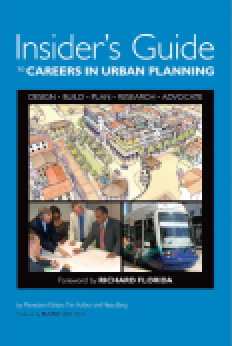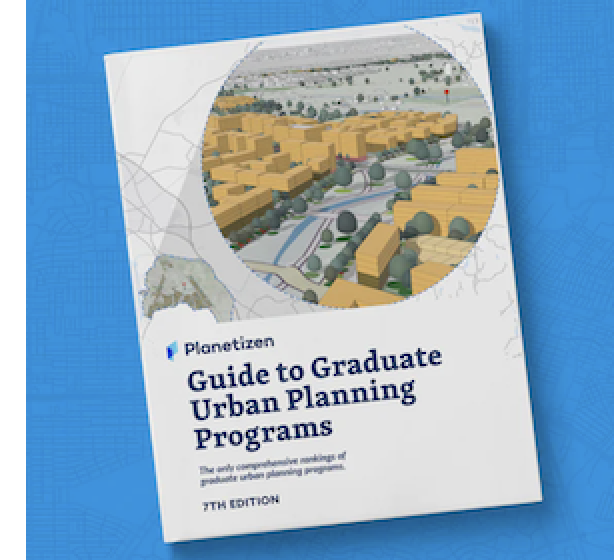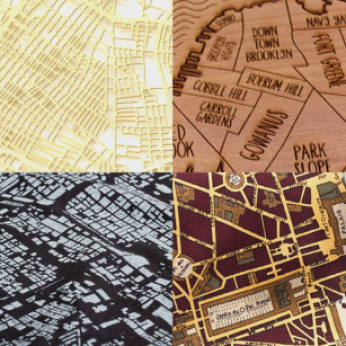The first-of-it’s kind study found that without public transit, Chicago would lose an estimated $35 billion in economic activity annually and the quality of life of residents, particularly women and low-income groups, would take a major hit.

An article from Eureka Alert outlines a new study by the U.S. Department of Energy’s Argonne National Laboratory and MIT that looks at the role the public transit system plays in Chicago — and what would happen if it were eliminated. “The research, presented at a Chicago Transit Authority board meeting in May, identifies major consequences, including increased vehicle congestion, reduced economic activity and a disproportionate impact on underserved communities and minorities,” the article reads.
Researchers say the study is the first they know of to quantify transit value across multiple metrics, which they achieved by modeling a day in Chicago without public transit using Argonne’s POLARIS transportation simulation tool. In addition, “The study assumed that households who did not currently own a car as well as those who owned only one would need to purchase additional vehicles, leading to a 30% increase in vehicle car ownership and causing an economic burden on those households.” They found travel times would increase from around 25 to 34 minutes and speeds would decrease by 14 percent in both urban and suburban areas. Results also revealed reduced access to opportunities would lead people — in particular women and low-income groups — to simply cancel activities, around two million activities daily, which would result in an estimated $35 billion annual loss in economic activity. Overall, the study found that for every $1 invested in transit, $13 in economic activity is created, in addition to travel time savings, increased access to opportunities, and lower vehicle emissions and the resulting health benefits.
The analysis comes as CTA, like many major transit networks across the city after the pandemic, faces major budgetary and operational challenges. Local news outlet WGN9 recently reported ridership has only recovered by 60 percent compared to prepandemic levels, driven by severe service cuts, reliability issues, and staffing shortages. With the expiration of federal COVD relief, the region’s transportation agencies — CTA, Pace, and Metra — face a projected 2026 budget gap of $730 million if additional revenue streams are not secured.
FULL STORY: Argonne-led study highlights public transit’s critical role across Chicago

New Florida Law Curbs HOA Power
The legislation seeks to cut down on ‘absurd’ citations for low-level violations.

New Tennessee Law Allows No-Cost Incentives for Affordable Housing
Local governments in the Volunteer State can now offer developers incentives like increased density, lower parking requirements, and priority permitting for affordable housing projects.

Planners’ Complicity in Excessive Traffic Deaths
Professor Wes Marshall’s provocatively-titled new book, "Killed by a Traffic Engineer," has stimulated fierce debates. Are his criticisms justified? Let’s examine the degree that traffic engineers contribute to avoidable traffic deaths.

Study: Housing Crisis is About Affordability, not Supply
New research shows that there is no overall shortage of housing units, but all U.S. metropolitan areas face a severe lack of affordable units for low-income renters.

Are Race-Based Lawsuits Affecting Community Lenders?
Shelterforce spoke with community lending leaders and experts about the current mood across the sector. What, if anything, are organizations doing to avoid becoming the next target of conservative activists?

New Park Promotes Community and Connectivity in Lewisville, Texas
The city of Lewisville just celebrated the opening of Glory Park/Parque la Gloria, helping to improve park access and the quality of life for residents.
City of Madera
City of Santa Clarita
Borough of Carlisle
HUD's Office of Policy Development and Research
Chaddick Institute at DePaul University
HUD's Office of Policy Development and Research
Colorado Energy Office
Pima County Community College District
City of Piedmont, CA
Urban Design for Planners 1: Software Tools
This six-course series explores essential urban design concepts using open source software and equips planners with the tools they need to participate fully in the urban design process.
Planning for Universal Design
Learn the tools for implementing Universal Design in planning regulations.



















670d.png)

1784.png)




